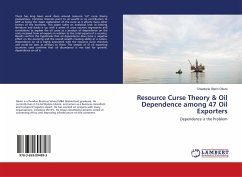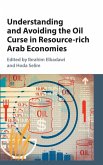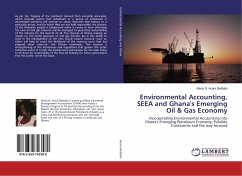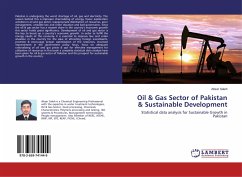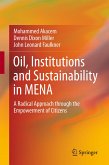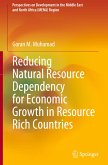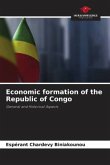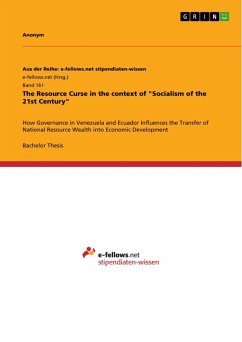There has long been work done around resource "oil" curse theory postulations. Common theories point to oil wealth or its contribution to GDP as being the major explanation of the curse as it affects many other factors of the economy. This paper takes an analytical look at existing literature and backs it up with a series of cross country regressions and correlations to explain the oil curse as a product of dependence on the rents received from oil exports in relation to the total exports of a country. Results confirm the hypothesis that oil dependence does have a negative effect on the economy and the overall wealth creating ability of a nation. Dependence on oil is highly associated with the resource curse channels and could be seen as primary to them. The sample of 47 oil exporting countries used confirms that oil abundance is not bad for growth, dependence on oil is.
Bitte wählen Sie Ihr Anliegen aus.
Rechnungen
Retourenschein anfordern
Bestellstatus
Storno

